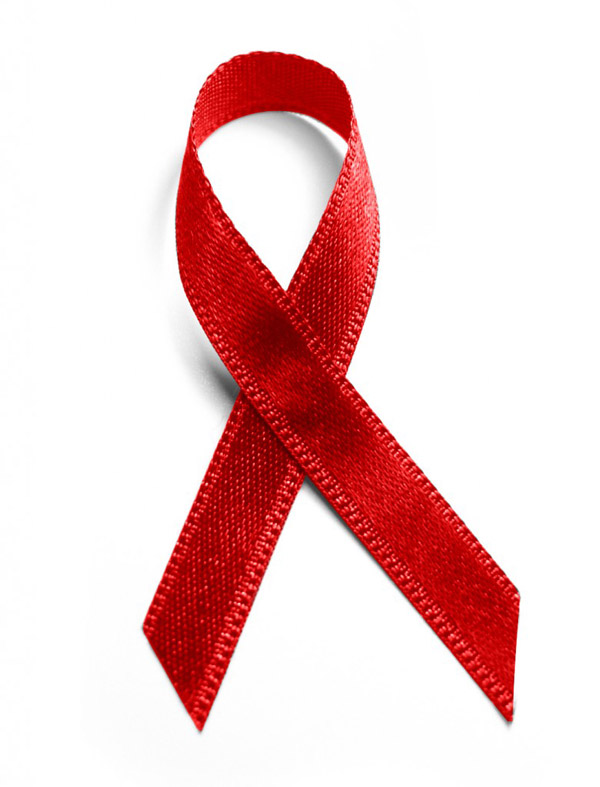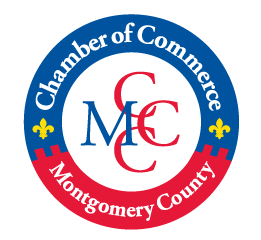Pediatric Palliative Care Offers Support to Families of Children with Serious Illnesses
 Most people equate palliative care with terminal illness, but a new initiative from the National Institute of Nursing Research (NINR), a component of the National Institutes of Health, is working to dispel that myth and help families connect with valuable support for their children – no matter their prognoses. Palliative Care: Conversations Matter® is a campaign focused on increasing awareness of, improving communications around, and increasing the use of pediatric palliative care. BETAH was selected to support the phase of NINR's campaign aimed at communicating with parents and families.
Most people equate palliative care with terminal illness, but a new initiative from the National Institute of Nursing Research (NINR), a component of the National Institutes of Health, is working to dispel that myth and help families connect with valuable support for their children – no matter their prognoses. Palliative Care: Conversations Matter® is a campaign focused on increasing awareness of, improving communications around, and increasing the use of pediatric palliative care. BETAH was selected to support the phase of NINR's campaign aimed at communicating with parents and families. In phase one of the campaign, NINR developed communications materials and outreach activities directed toward health care providers. In this second phase, with our expertise in marketing, graphic design, communications planning and media outreach, the BETAH team will help to develop messages and materials for parents, families and caregivers. In addition, we will orchestrate a second radio media tour to follow up on one we conducted last January in the earlier stage of the campaign.
Developing a Digital Strategy and Tools to Support Communication about the ACA
 The Affordable Care Act (ACA) has brought significant changes to Americans living with HIV/AIDS and/or viral hepatitis. BETAH was awarded a contract within the U.S. Department of Health and Human Services (HHS) to assess how effectively its offices are communicating about the Act and helping provide useful information to people living with HIV/AIDS and/or viral hepatitis, as well as to their caregivers, service providers, and federal, state, and local government officials who manage HIV and viral hepatitis programs.
The Affordable Care Act (ACA) has brought significant changes to Americans living with HIV/AIDS and/or viral hepatitis. BETAH was awarded a contract within the U.S. Department of Health and Human Services (HHS) to assess how effectively its offices are communicating about the Act and helping provide useful information to people living with HIV/AIDS and/or viral hepatitis, as well as to their caregivers, service providers, and federal, state, and local government officials who manage HIV and viral hepatitis programs. Our team will work closely with the Office of HIV/AIDS and Infectious Disease Policy, the Federal HIV/AIDS Web Council, and key stakeholders to evaluate the technology and communications tools they currently use to provide ACA information. We’ll help them plan the development of a communications strategy and explore ways in which their members and other stakeholders can work together to implement it. Drawing on our background in communicating about HIV/AIDS and our knowledge of ACA, we’ll also help develop technical assistance materials and educational products for HHS’ target audiences. All of this effort will support the National HIV/AIDS Strategy and HHS’ Action Plan for the Prevention, Care, and Treatment of Viral Hepatitis, but most importantly, it will bring healthcare to many Americans who have had difficulty getting medical coverage due to pre-existing conditions. Our job, as it so often is, will be to help connect people with the resources they need; we’re proud that our expertise and capabilities led to our being selected by HHS for this important evaluation and strategic communications role.
Launching an Unprecedented Study to Address Youth Achievement
 The BETAH team is pleased to collaborate with The Community Foundation for the National Capital Region and Montgomery College to implement an unprecedented study that will be conducted to assess the academic and workforce development needs of Black/African American youth ages 14-24 in Montgomery County, MD. From now until March 2015, BETAH will employ youth survey administrators and partner with community organizations and key stakeholders to engage over 1,000 youth to complete this survey.
The BETAH team is pleased to collaborate with The Community Foundation for the National Capital Region and Montgomery College to implement an unprecedented study that will be conducted to assess the academic and workforce development needs of Black/African American youth ages 14-24 in Montgomery County, MD. From now until March 2015, BETAH will employ youth survey administrators and partner with community organizations and key stakeholders to engage over 1,000 youth to complete this survey. This is not research for information’s sake—it is research that will inform action. The study will identify support and services gaps that exist and a report of the identified needs will be released in the spring of 2015. The goals of this effort include escalating the presence of Black/African American youth on the agendas of public, private, and philanthropic sectors and increasing public and private funding to implement policies to reconnect youth who have disconnected from the traditional education or career pipeline.
This project has special meaning for us at BETAH because for over 25 years Montgomery County has been our home. We hope that what we learn and improve here in our own community can be applied more widely to help close the achievement gap and equip young people with the programs, services and opportunities that they need to succeed.


